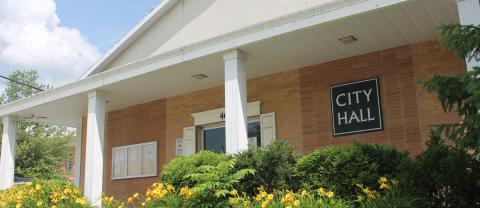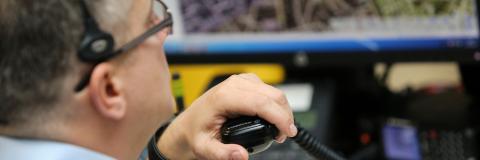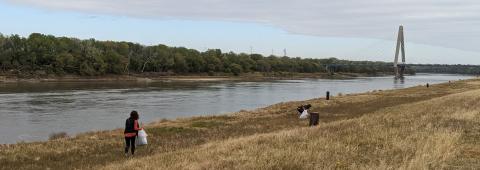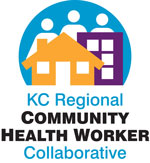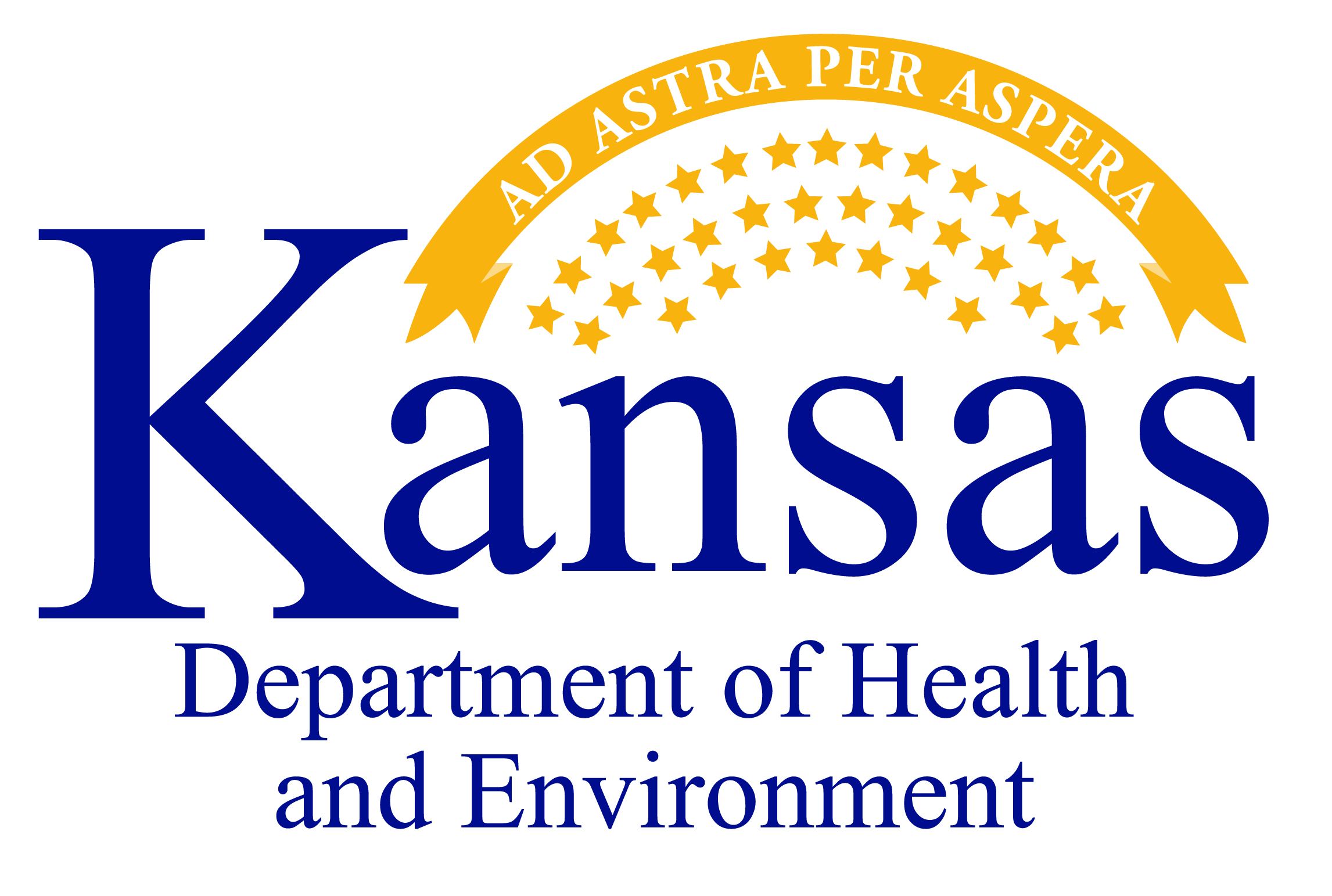An important part of the region's health care system
Community health workers (CHWs) serve as a link between a patient and health or social service agencies, working to improve health outcomes by improving access to services and quality of care. CHWs are trusted members of the community and have a close understanding of the community they serve. This trusting relationship enables the worker to serve as a link between health and social services and the community to facilitate access to services and improve the quality and cultural competence of service delivery.
Who hires CHWs?
- Federally qualified health centers.
- Public health departments.
- Hospitals.
- Community-based organizations.
- Health insurance organizations.
- Dental offices and oral health programs.
- Area Agencies on Aging and senior centers.
- Faith-based programs.
See our inventory of CHW programs in the region.
What do CHWs do?
- Connect patients to needed community resources and social services.
- Increase access to and use of preventive education, screenings and treatment services.
- Reduce unnecessary use of urgent hospital emergency department care.
- Improve self-management of chronic diseases.
- Strengthen patient health literacy and culturally competent provider practices.
- Build capacity in communities to address the underlying causes of ill health.
- Help individuals and families obtain and maintain health insurance coverage.
The CHW Collaborative’s work is supported by grants from the Health Forward Foundation and the Kansas Department of Health and Environment.
Learn more and get involved
CHW Collaborative Meetings include the Advocacy Subcommittee and CHW Forum on the fourth Thursday of each month (other than November and December holidays).
The KC Regional CHW Collaborative meets quarterly.
False


